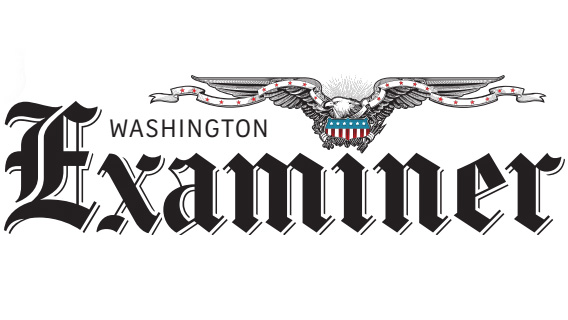Bloomberg columnist Megan McArdle recently noted that “we live in fear of online mobs.” She writes that increasingly people “are terrified that something they say will inadvertently offend the self-appointed powers-that-be … They’re worried that some opinion they hold now will unexpectedly be declared anathema, forcing them to issue a humiliating public recantation, or risk losing their friends and their livelihood.”
McArdle argues that the rise of the Internet and online mobs may require us to rethink “the hard, bright line that classical liberalism drew between state coercion and private versions.”
But what about when government coercion enables the actions of mobs? Such is the case with campaign finance law, in which the government requires individuals who donate to political campaigns to report the candidates they support, the amount of their donations, their addresses, and their employment information, and then publicizes that information. The idea behind this compulsory disclosure of otherwise private political activity was that it would reveal possible influence peddling by identifying major sources of candidate support, and help voters judge the credibility of the speech itself.
Before the Internet, the costs of this mandated disclosure in terms of personal privacy were relatively low. That’s because very little was actually done with the information. Reviewing the data required a physical visit to the offices of the Federal Election Commission in Washington, D.C., where one sat at a table and scrolled through rolls of microfiche. Except for a few journalists and academic researchers, the information was rarely viewed by anyone, let alone publicized. A journalist might write a story about a candidate’s largest supporters, which people might read if they were really interested in politics, but even then, that story would rarely feature highly-personal information such as home addresses.
Today, on the other hand, anybody with an Internet connection can find out, almost instantaneously, to what candidates any other person has contributed money. Search machines allow the most casual user to access the records of any political donor by name, address, or employer. In seconds, a potential employer, a graduate school admissions officer, a bank loan officer, any nosy neighbor or, heaven forbid, a Klansman or Antifa member, can find your home address, employer, and which political candidates you’ve supported going back years.
Many remember the story of Brendan Eich, former CEO of Mozilla. Eich didn’t take his politics into the office, but he was nonetheless forced to resign after making a personal contribution to the “wrong” side in a campaign. But many other, smaller donors — people without Eich’s position or wealth — have also been hounded from jobs. In some cases, websites have been established linking campaign finance disclosure records to maps to donor’s homes. A few years back, a left-wing group called “Accountable America” wrote to thousands of Republican donors, threatening them with lawsuits, private harassment, and investigations of their private lives if they continued to donate to conservative candidates.
In short, the original ideal of campaign disclosure has been perverted. Today, forced disclosure of political donations is used less to inform voters than to provide information to silence speakers through threats and shunning.
Perhaps it is time to rethink our attitude toward disclosure. At a minimum, we should substantially raise the thresholds at which public disclosure of donors becomes mandatory — currently $200 at the federal level, and much less in most states. We should certainly not expand forced disclosure beyond contributions to candidate campaigns — disclosure laws should not be broadened to encompass membership in and dues and contributions to trade and professional associations, nonprofit organizations, and think tanks.
Sunlight is not always an unalloyed good — we vote in secret; our tax returns are not publicized to the world; we are not required to let the government know if we attend a political meeting or rally. In the Internet era, we must make sure that forced disclosure does not become a weapon to silence political opponents and crush discussion.
This post originally ran in The Washington Examiner on December 26th 2017.














